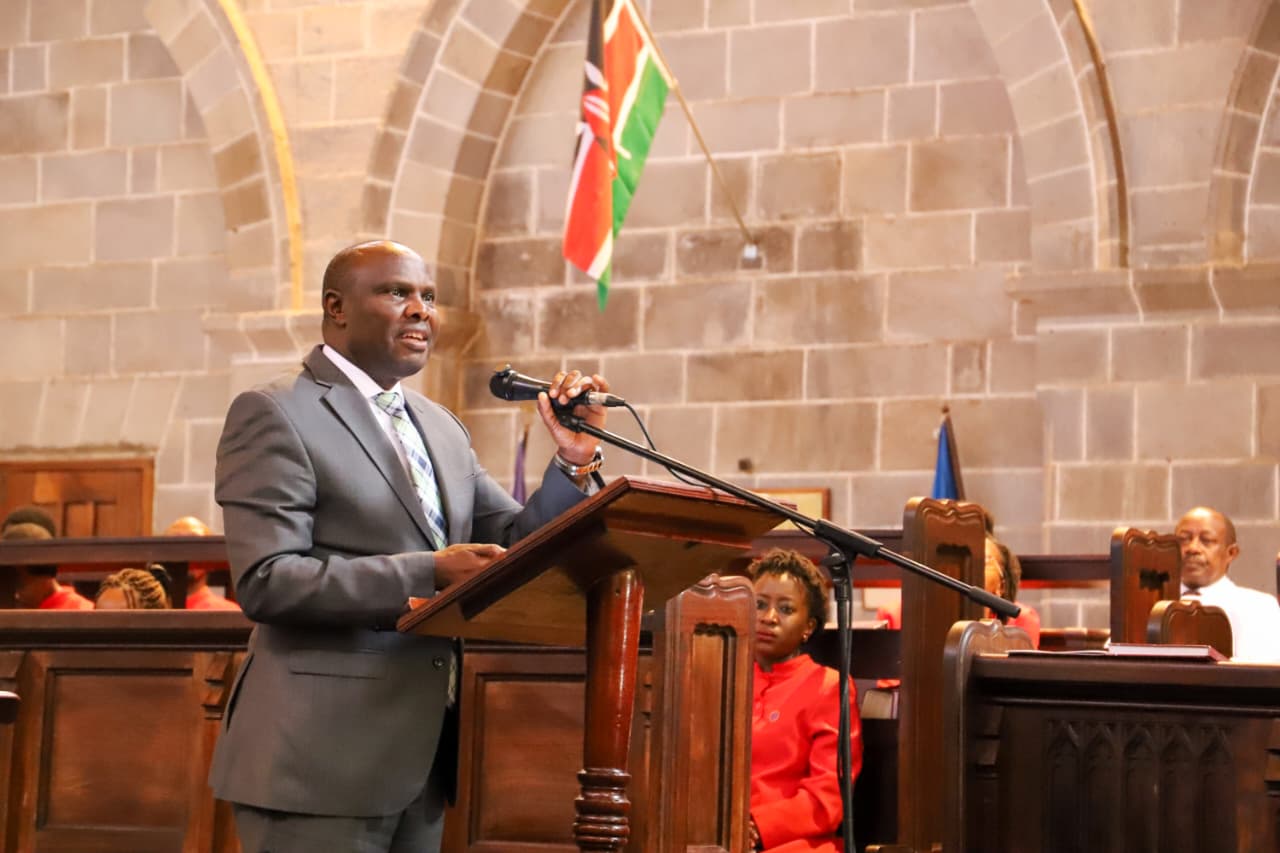A Kenyan asylum seeker has been granted the right to remain in the United Kingdom after an upper immigration court in found that a previous ruling dismissing her claim was “riddled” with errors and typographical mistakes.
According to the Telegraph ,the woman, who has been granted anonymity, fled Kenya in 2018 after her family discovered she was in a same-sex relationship, fearing for her life if deported.
Initially, a lower-tier immigration tribunal rejected her asylum claim, concluding she was not at risk of being killed or tortured upon return to Kenya.
However, upon appeal, the upper tribunal criticized the initial decision for containing numerous “careless” errors and “misstatements” of evidence.
The tribunal ruled that the case should be reheard, stating that the original judgment failed to apply the necessary “anxious scrutiny” required in asylum cases.
Judge David Pickup highlighted that the lower tribunal’s decision was “so riddled with errors, both typographical and misstatements of the evidence,” that an objective reader would doubt the fairness of the ruling.
One significant mistake noted was the incorrect statement that the woman was “entitled to humanitarian protection” when the decision actually concluded she was not.
The asylum seeker’s case centers on her fleeing Kenya after intimate images of her and her partner were discovered and shared without consent, leading to threats from her family and husband.
She feared violence and persecution due to her sexual orientation, a concern supported by evidence of Kenya’s treatment of LGBTQ+ individuals.
Lawyers for the asylum seeker argued that the lower tribunal failed to provide adequate reasoning and misunderstood key aspects of her case, including the claim that her relationship was secret, which was not part of her argument.
The Home Office acknowledged shortcomings in the initial decision but maintained that the judge had done enough.
This ruling comes amid ongoing debates in the UK about asylum policies and legal standards, with the government recently proposing legislation aimed at tightening controls on immigration and deportation processes.
The case underscores the complexities and challenges faced by asylum seekers, particularly those fleeing persecution based on sexual orientation.
ALSO READ: FGM and early marriages identified as key drivers of GBV in Marsabit











